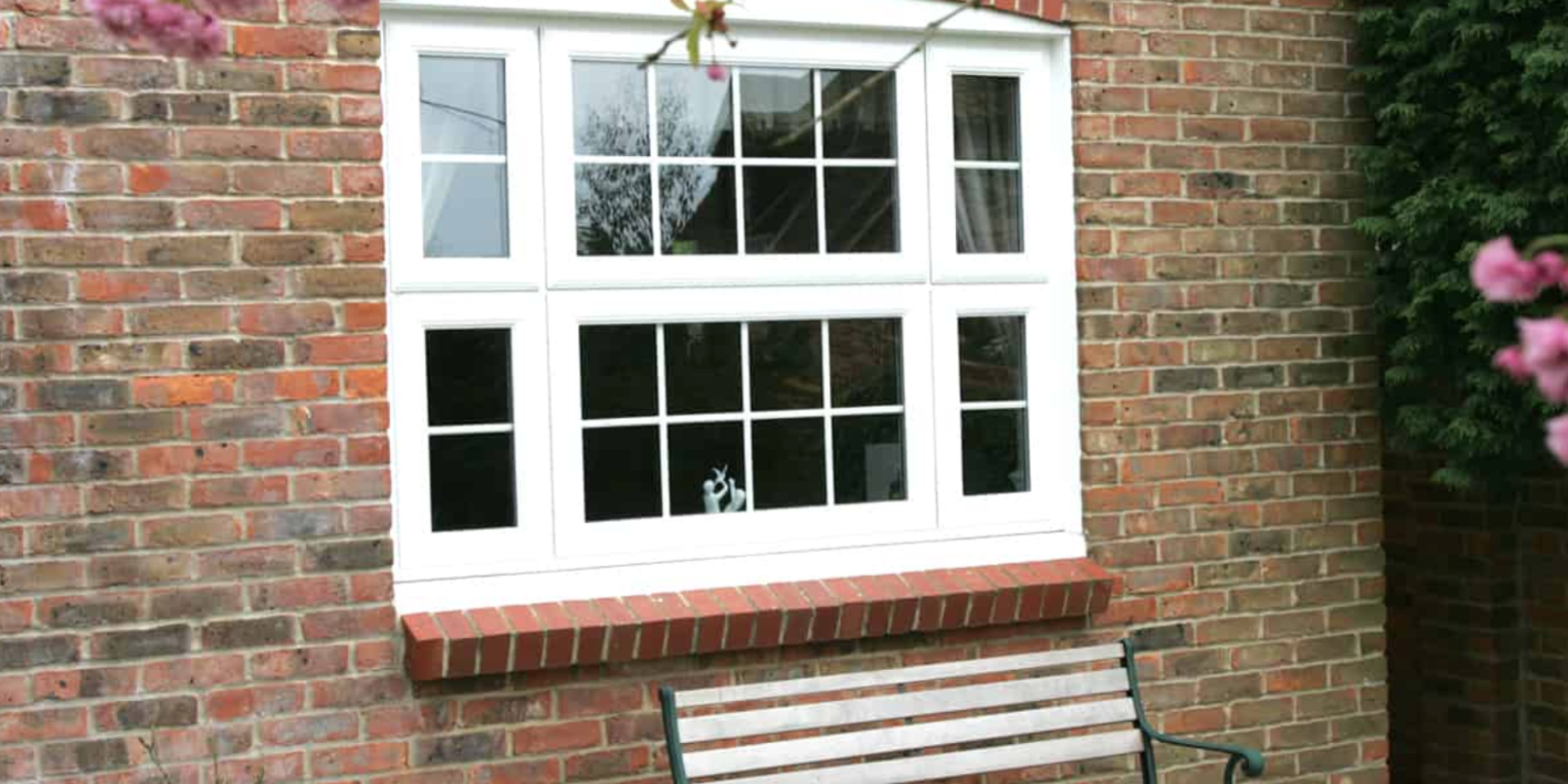WHAT ARE DOUBLE GLAZED WINDOWS?
Posted on 22nd June 2020 at 22:21
Double glazed windows are an incredibly popular form of windows these days, yet very misunderstood. In this guide, we’re going to take a look at everything you need to know about this style of window and give you the knowledge you need to make a decision about whether the double glazed option could be perfect for your home. Let’s take a closer look.
WHAT ARE DOUBLE GLAZED WINDOWS?
A standard window – a sash window, for example, is home to just one sheet of glass. So, the easiest way of describing double glazed alternatives is that there are two panes of glass. However, it’s a little more complicated, because the two glass sheets are held together in an insulated glass unit – or IGU. The vast majority of IGUs will be double glazed, although it is possible to get triple glazed, too.

HOW ARE THEY MADE?
Each sheet of glass is housed on either side of a spacer which includes moisture absorbing desiccant inside it, to keep the unit as dry as possible. There is also a still later of air or gas inside the unit when sealed. When fitted, the double glazed unit is placed into the window frame. If you have standard windows that you are upgrading, the chances are that your window frames will need to be widened for the IGU.
WHAT ARE THE BENEFITS?
Double glazing is brilliant for energy efficiency, as the sealed gap between each pane of glass acts as an extra layer of insulation protection. It’s an added thermal resistance that keeps the cold out – and the heat inside your home. During the summer months, your double glazing unit has the opposite effect, in that it doesn’t allow the intense heat to come into your home, and helps you keep the indoors nice and cool. Double glazing is also a much more capable sound insulator than standard windows – it’s great for keeping noise out, although if you live by a particularly busy road you might want to consider triple glazing.
BUYING GUIDE
Of course, not all double glazed windows are of equal quality or effectiveness. You need to watch out for the space between the panes, which typically ranges from 6mm to 20mm – different lengths are best for different needs. For optimal thermal performance, seek out a 12mm pane, while if you are trying to block out noise from a busy road or nearby airport, look for windows with a space of over 15mm. If you are just concerned about energy efficiency, an IGU with a 10 mm to 20mm gap is all you need.
WHAT ABOUT GLASS TYPE?
Finally, there’s one more thing that can make a difference – glass type. There are a huge range of different glass types, including laminated and low-e which can give you added protection when it comes to noise control and efficiency. As a rule, low-e glass helps you trap more heat inside the home, while laminated glass can help improve acoustic performance.
If you have any questions on double glazing, please don’t hesitate to give us a call or fill out a contact us form!
Share this post:



